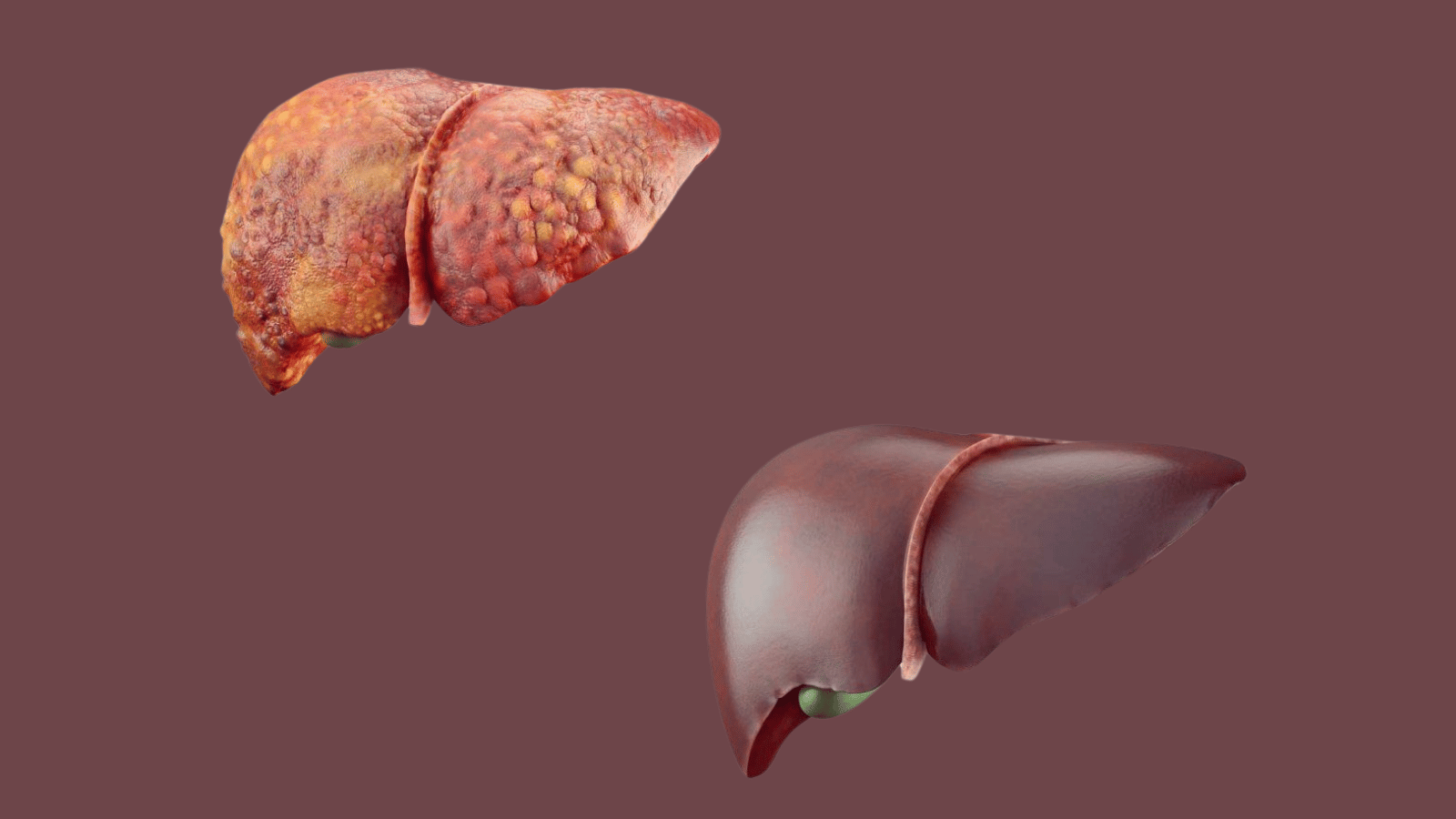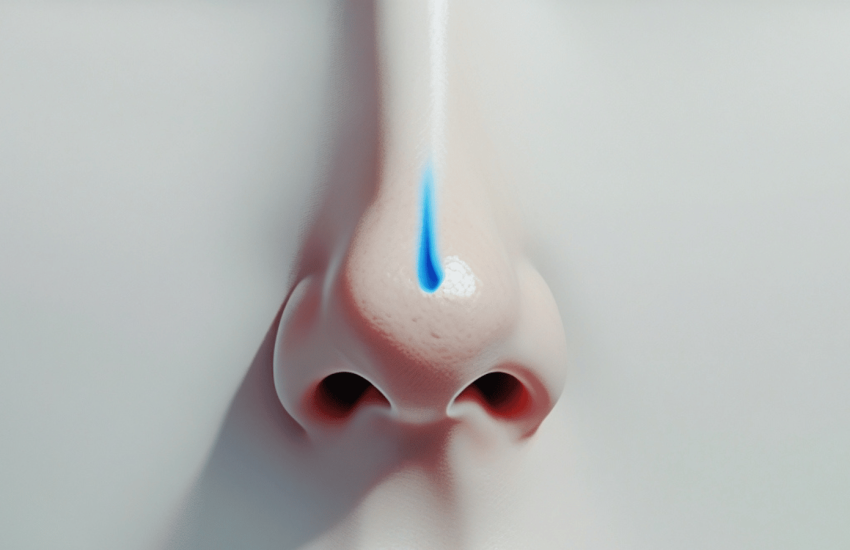7 Indicators of Liver Strain and the Need for Support
The liver is a vital organ responsible for critical functions including nutrient metabolism, hormone regulation, and systemic detoxification. Chronic stress on this organ can manifest through physical symptoms, signaling the need for medical evaluation and lifestyle adjustments.
1. Jaundice (Yellowing of Skin and Eyes)
Impaired liver function may cause bilirubin accumulation, leading to a yellowish tint in the sclera (whites of the eyes) and skin. This clinical sign warrants prompt medical assessment.
2. Persistent Digestive Discomfort
Reduced bile production—essential for fat emulsification—can cause chronic bloating, flatulence, and indigestion. These symptoms may correlate with hepatic dysfunction.
3. Musculoskeletal Distress
Hepatic fatigue may present as unexplained upper back stiffness, chronic muscle tension, generalized weakness, or dry eyes, reflecting the liver’s role in supporting musculoskeletal health.
4. Unexplained Fatigue and Cognitive Changes
Persistent exhaustion despite adequate rest, accompanied by headaches or concentration difficulties, may indicate compromised detoxification and toxin accumulation.
5. Altered Elimination Patterns
Clinically significant changes include:
- Urine: Dark coloration despite adequate hydration
- Stool: Pale, clay-colored, or steatorrhea (fatty stools)
These suggest disabled waste processing and biliary obstruction.
6. Mood stability
As the liver modulates neurotransmitters and hormones, dysfunction may manifest as irritability, anxiety, depressive tendencies, or emotional volatility. Traditional medicine systems also recognize this as hepatic qi imbalance.
7. Associated Systemic Symptoms
Additional warning signs include:
- Visual disturbances or dizziness
-Sleep dysregulation - Coagulation abnormalities (unexplained bruising/bleeding)
- Menstrual irregularities
- Unexplained weight loss
-Chemical sensitivities
When to Seek Medical Guidance
Experiencing multiple symptoms warrants consultation with a healthcare provider. Diagnostic testing—not self-prescribed “cleanses”—should guide management. Reduce hepatic stressors including alcohol, processed foods, and hepatotoxic substances under medical supervision.
📌 Clinical Recommendations for Liver Health
Support hepatic function through evidence-based practices:
- Nutrition: Prioritize cruciferous vegetables (broccoli, kale), antioxidants (berries), and lean proteins
- Hydration: Maintain adequate water intake for toxin clearance
- Movement: Engage in regular physical activity to support circulation
- Medical Monitoring: Regular check-ups for at-risk individuals
Proactive liver care sustains overall metabolic wellness. Always consult a physician before implementing dietary changes or supplements.



